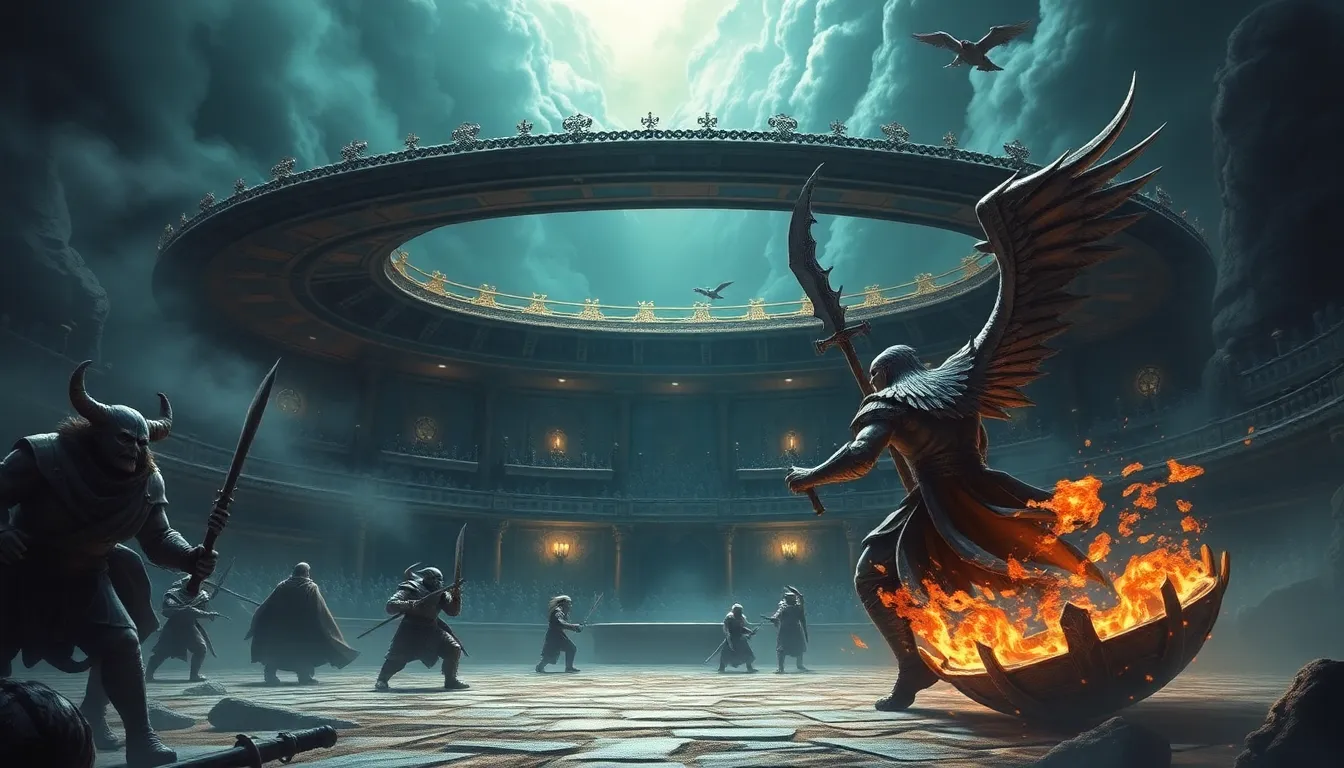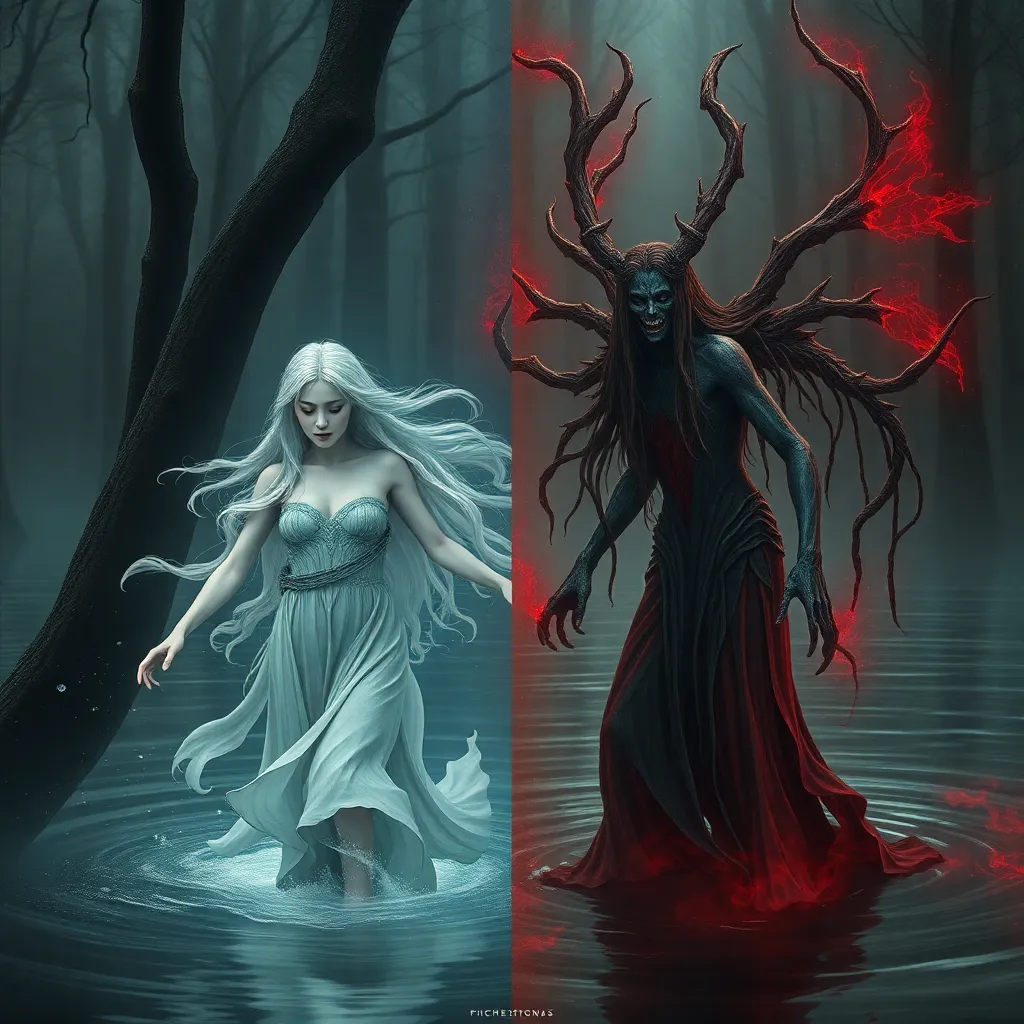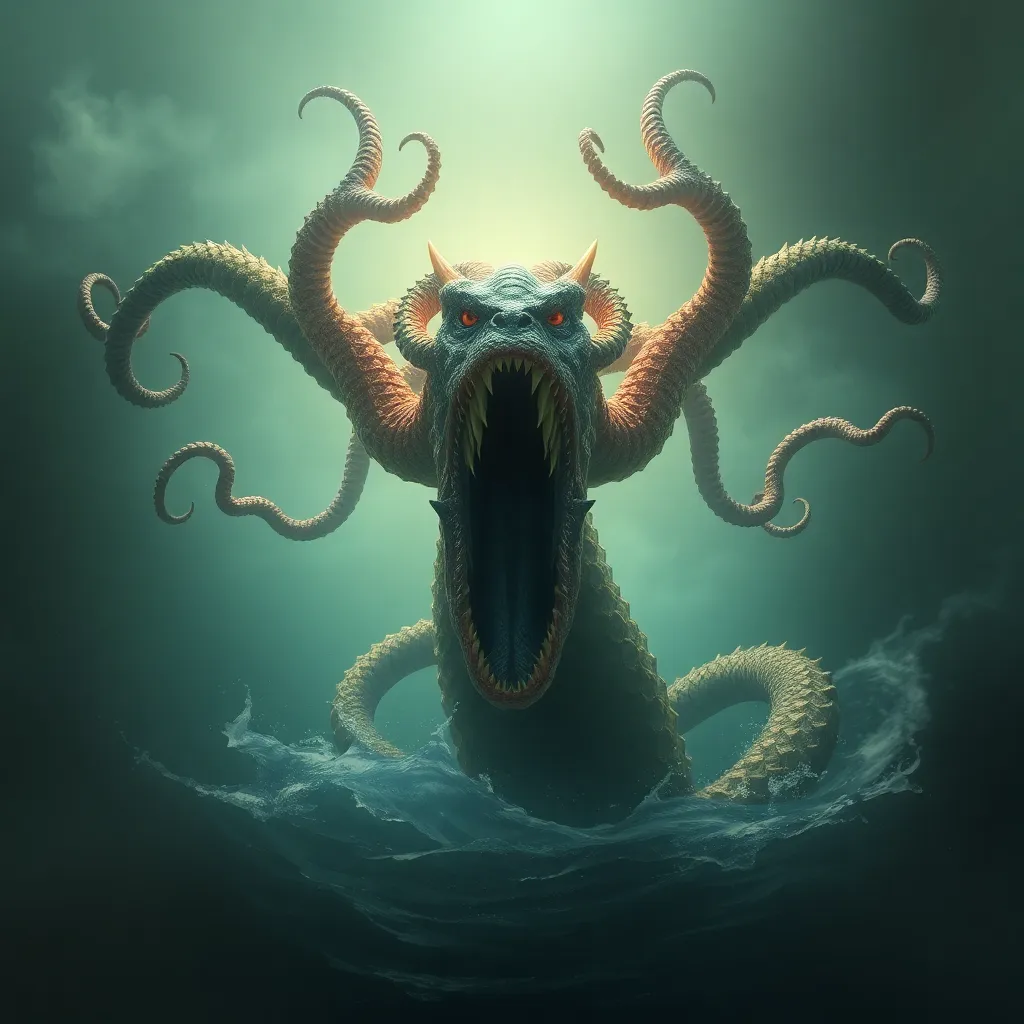The Mythical Arena: Legendary Battles You Need to Know!
1. Introduction to the Mythical Arena
The term “mythical arena” refers to the vast landscape of legendary battles that have been etched into the annals of history and culture. These are not just mere stories but rather pivotal events that reflect the values, beliefs, and aspirations of civilizations. Legendary battles often serve as allegories for human experience, encapsulating themes of heroism, sacrifice, and the eternal struggle between good and evil.
In this article, we will explore the significance of these legendary battles in shaping cultural narratives, delve into their historical contexts, and analyze some of the most iconic mythical confrontations across various civilizations. The aim is to provide a comprehensive understanding of how these stories continue to resonate with us today.
2. The Historical Context of Legendary Battles
Legendary battles are often rooted in historical events, reflecting the societal dynamics of their times. Many myths are inspired by real conflicts, embellished through oral tradition, and passed down through generations. This fusion of history and mythology not only preserves cultural identity but also offers moral and ethical lessons.
- Example 1: The Trojan War, which may have been inspired by a real conflict in ancient Troy, showcases the heroism and tragedy of war.
- Example 2: The Battle of Hastings in 1066, which influenced numerous tales of chivalry and conquest in later literature.
Oral tradition plays a vital role in preserving these legendary narratives, as stories are retold, adapted, and transformed over time, embedding them deeply into the cultural fabric.
3. Iconic Mythical Battles from Ancient Civilizations
3.1. The Trojan War: Heroes and Legends
The Trojan War, famously chronicled in Homer’s Iliad, is one of the most celebrated legendary battles in Western literature. It revolves around key figures such as Achilles, Hector, and Agamemnon, each embodying different aspects of heroism and virtue.
The significance of the Iliad extends beyond its narrative; it has profoundly influenced literature, art, and philosophy throughout history. The themes of honor, fate, and the consequences of pride resonate well beyond ancient Greece, providing timeless insights into the human condition.
3.2. The Battle of the Titans in Greek Mythology
The Titanomachy, or the Battle of the Titans, is a fundamental myth in Greek mythology where the Olympian gods, led by Zeus, overthrow the Titans. This conflict represents the transition from chaos to order and the establishment of a new divine hierarchy.
The themes of rebellion, justice, and the cyclical nature of power are prevalent in this myth, serving as a moral lesson about the consequences of hubris and the inevitability of change.
4. Norse Mythology: Ragnarok and Its Implications
Ragnarok is the cataclysmic battle in Norse mythology where gods, giants, and monsters clash, leading to the end of the world as known to the Norse people. Key characters such as Odin, Thor, and Loki play pivotal roles in this apocalyptic event.
The aftermath of Ragnarok reflects Norse beliefs about death and rebirth. It symbolizes the cyclical nature of existence, where destruction paves the way for renewal. This myth encapsulates the values of courage and resilience in the face of inevitable doom.
5. The Epic Battles of the Mahabharata
The Mahabharata, one of the longest epic poems in the world, centers around the Kurukshetra War, a monumental conflict between the Pandavas and the Kauravas. Key figures such as Arjuna, Krishna, and Duryodhana highlight the complexities of dharma (duty) and morality in warfare.
The philosophical teachings derived from the Mahabharata, particularly in the Bhagavad Gita, explore profound questions about ethics, righteousness, and the nature of existence, making this epic relevant across cultures and eras.
6. Legendary Battles in Asian Mythology
6.1. The Battle of Heaven and Earth: Chinese Mythology
In Chinese mythology, the Battle of Heaven and Earth depicts the struggle between gods and demons, often symbolizing the fight between order and chaos. This conflict shapes the moral framework within which individuals navigate their lives.
The cultural significance of this battle has permeated Chinese folklore, influencing literature, art, and even modern storytelling, illustrating the timeless battle between good and evil.
6.2. The Ramayana: Rama’s Battle Against Ravana
The Ramayana is a revered epic that tells the story of Rama’s quest to rescue his wife Sita from the demon king Ravana. This battle is not just a physical confrontation but also a moral and ethical struggle, embodying the ideals of duty, righteousness, and devotion.
The influence of the Ramayana extends across South Asia, shaping cultural narratives, religious beliefs, and artistic expressions for centuries.
7. The Role of Mythical Creatures in Legendary Battles
Mythical creatures such as dragons, griffins, and unicorns often play crucial roles in legendary battles, symbolizing various human fears, desires, and virtues.
- Dragons: Frequently represent chaos and destruction, often opposed by heroic figures.
- Griffins: Symbolize strength and protection, often serving as guardians in epic tales.
Case studies such as the battles involving Beowulf and Grendel highlight how these creatures shape the narratives around heroism and the struggle against the monstrous.
8. The Influence of Legendary Battles on Modern Culture
Legendary battles continue to influence contemporary media, from movies and video games to literature and art. The themes of heroism, sacrifice, and the struggle between good and evil resonate deeply with modern audiences, allowing these stories to transcend time.
- Movies: Films like Troy and 300 draw heavily from legendary battles, reinterpreting them for modern viewers.
- Literature: Modern fantasy series often borrow elements from these myths, weaving complex narratives around familiar archetypes.
The ongoing legacy of legendary battles is evident in how they shape our understanding of conflict, morality, and heroism in today’s world.
9. Comparative Analysis of Legendary Battles Across Cultures
While legendary battles share common themes of conflict and resolution, they also reflect the unique cultural contexts from which they arise. For instance:
- Heroic Ideals: Different cultures celebrate distinct heroic ideals, such as bravery in the Greek tradition versus duty in the Indian epic.
- Conflict Resolution: The outcomes of battles often reflect societal values; for example, in some cultures, battles end in reconciliation, while in others, they lead to total destruction.
Understanding these similarities and differences enriches our appreciation for the diverse tapestry of human experience encapsulated in these legendary narratives.



